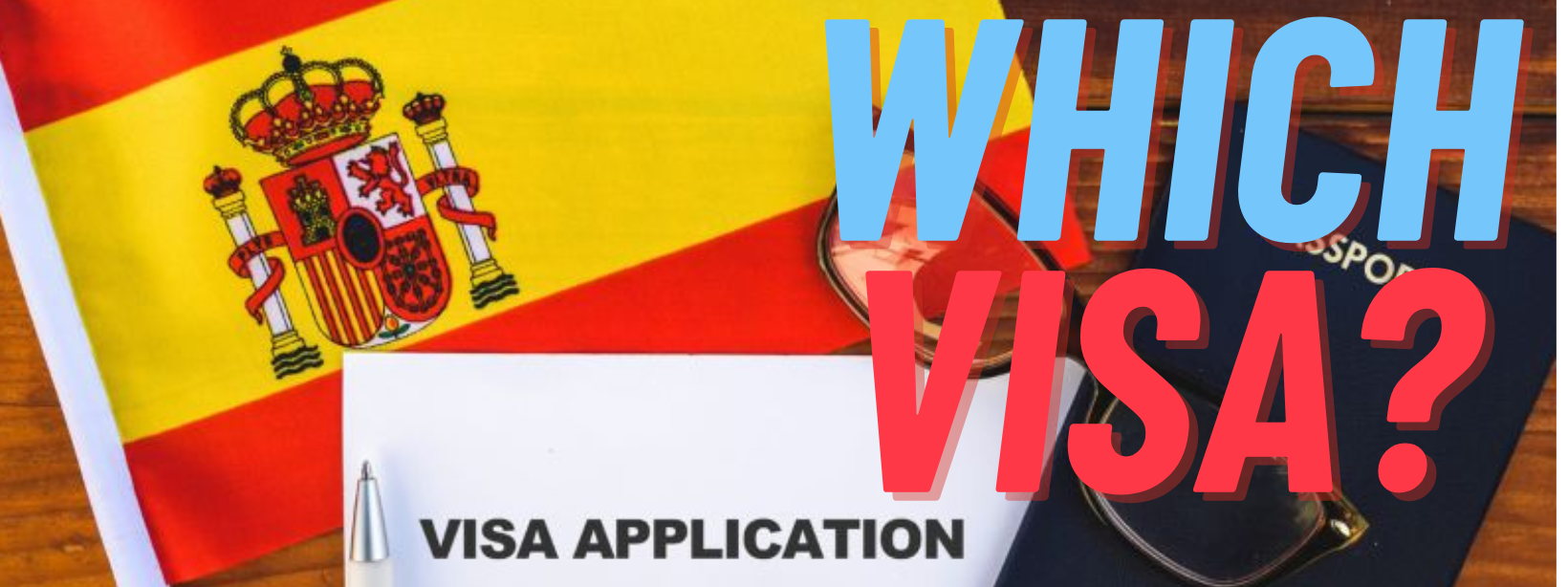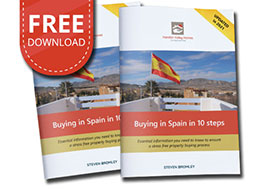Expert Advice
Knowledgebase #23 What Visas do Brits need Post Brexit
Are you considering a longer stay in sunny Spain post-Brexit? The allure of the beautiful Hondon Valley continues to beckon, even during the damp and dreary British summers. As Britons remain the largest group of foreign property buyers in Spain, it’s clear that many are drawn by the enticing lifestyle and cost of living, which is 21% lower than in the UK, according to numbeo.com.

However, there’s a little catch: after Brexit, British citizens can only stay in Spain for up to 90 days within a 180-day period without a visa. Navigating the labyrinth of Spanish visas can be baffling, given the varying requirements across different regions and provinces. To shed light on this, I have prepared a post-Brexit guide to help you extend your Spanish sojourn.
1.Digital Nomad Visa:
The rise of flexible working has opened doors for UK employees to work remotely, and Spain is an attractive option. You can apply for a digital nomad visa, either as an employee of a UK company allowing remote work in Spain or as a self-employed worker with relevant qualifications or experience in your field. Notably, you can only apply for a three-year digital nomad visa while in Spain; if you’re applying from the UK, you’ll get a one-year permit. This option is particularly popular among high-earning IT and software professionals as it offers tax benefits.
2.Golden Visa:
If you can comfortably invest at least €500,000 in Spanish property without needing a mortgage, the golden visa might be your best bet. This “fast-track” visa allows you to live and work remotely in Spain with minimal hassle. Additionally, you can choose whether or not to become a tax resident. Financial requirements include proving financial resources of at least €37,000 per person or €55,000 for a couple per year, with additional amounts for family members. Expect to pay around €2,700 in application fees.
3.Non-Lucrative Visa (NLV):
Designed for self-sufficient retirees, the NLV necessitates demonstrating that you can support yourself with savings or pension income. This visa initially grants a one-year residency permit, which can be extended for up to four more years, as long as you continue to meet the financial requirements. It’s worth noting that the income requirements increase as you renew your visa, so plan accordingly.
https://youtu.be/Sbu5jEXzOU8
While these visas offer opportunities for a prolonged stay in Spain, there are essential things to consider:
•Depending on the type of visa, you may need various documents, including a police check, medical certificate, and marriage certificate (if applicable).
•Private healthcare is usually required unless you are of UK state pension age, in which case you can access Spanish healthcare with an S1 certificate via the NHS.
•If you’re an unmarried or non-civil partnered couple, you can apply for a co-existence certificate in Spain to apply as a couple.
•If one of you holds an EU passport, the visa process becomes more straightforward for your spouse.
•Spending more than 183 days in Spain makes you a tax resident and subject to Spanish tax laws of that autonomous region.
•Keep an eye on Spain’s income indicator (IPREM) as it affects the financial requirements for golden visas and NLVs.
Once you have your visa approval, don’t forget to apply for your TIE (Spanish identity card) while supplying your biometrics. It’s a crucial step in making your extended stay in Spain official.
So, whether you’re a digital nomad, a property investor, or a retiree, there’s a visa option to suit your dreams of life under the Spanish sun. Take your time, do your research, and soon you could be basking in the beauty of Spain for more than just 90 days a year.


 FR
FR ES
ES NL
NL DE
DE NO
NO PL
PL




